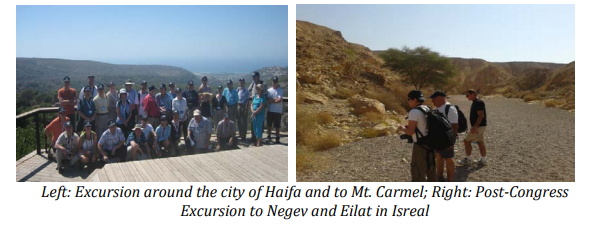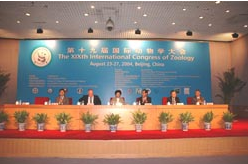Home > NEWSROOM > Highlights
The 21st International Congress of Zoology (ICZ) was held in Haifa, Israel from 2-7September 2012. Over 250 researchers and research students from 18 countriesattended. The theme of the Congress was “Zoology in a Changing World: HowAnimals Respond to Human Activities.”
The Congress was co-hosted by the International Society of Zoological Sciences(ISZS) and the University of Haifa, Israel. The Israel Academy of Sciences andHumanity, Ministry of Science and Technology, Israel, the Israel Nature and ParkAuthorities, Hebrew University of Jerusalem, the Zoological Society of Israel,Weizmann Institute of Science and the Oranim-Academic College of Education,Israel supported the Congress.
The Congress first began in 1889 under the impetus of the Société Zoologique deFrance and currently it is the premier event of the ISZS.
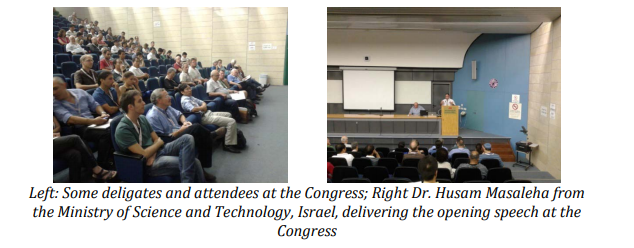
The Congress was divided into 15 symposia and 5 plenary sessions. There were alsoopportunities to display of posters by the delegates and attendees at the Congress.
The 15 symposia were: Endocrine Basis of Social Behavior Patterns; EcologicalPhysiology; Molecular Ecology; Animal Response to Human Changes of Habitat andManagement; Daily Rhythms and Seasonality; Human-Wildlife Conflicts; BiologicalConsequences of Global Change; Life History Physiology and Behavior; Ecology andBehavior of Mammals; the Future of Zoology Training in Higher Education; Changeof Diversity and Structure in Rodent Communities as a Result of Urbanization;Agriculture and Invasions; Inter-kingdom Interactions; Levels of Selection andEvolutionary Zoology; Marine Animals Response to Human Activities; LightPollution and Its Ecological Consequences; Eastern Mediterranean Becoming Tropic;and Limits on Adaptations to Adverse Environments.
The 5 plenary lectures were the biology of sexual orientation by Marc Breedlov fromMichigan State University, USA; an emerging movement ecology paradigm by RanNathan from the Hebrew University of Jerusalem, Israel; the hologenome concept:role of microorganisms in the adaptation and evolution of animals and plants byEugene Rosenberg from Tel Aviv University, Israel; effects of human activities on themarine biota of the Levant Basin of the Mediterranean: an overview and predictionsby Ehud Spanier and Dor Edelist from University of Haifa, Israel; and DNAmethylation as an evolutionary conserved mechanism for adapting the genome tothe environment by Moshe Szyf from McGill University, Canada. A congressexcursion to Mt. Carmel sites took place with explanatory lecture by Aby Nevo fromthe University of Haifa
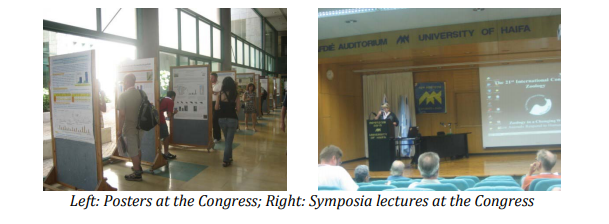
Before the Congress opening in Haifa, there was a Panel Session entitled “The Futureof Animal Evolution under the Human Aegis” at the Hebrew University of Jerusalemin Jerusalem. 7 speakers delivered speeches. They were Marvalee Wake (Berkeley))"We have new evolutionary knowledge to enhance the lives of species evolution";Alessandro Minelli (Padova) "Endangered species, from victims to mutualistic,culture-driven evolution"; Jean-Marc Jallon (Paris Sud) "Enzyme cascades makeDrosophila cuticle more resistant in new environment"; Simon Conway-Morris(Cambridge) "The Biosphere has become irreversibly more complex. Intelligence isthe inevitable outcome of evolution. So what next?"; Dieter Ebert (Basel) "Rapidparasite evolution in a changing world"; Jürgen Heinze (Regensburg) "Socialevolution in times of global change leads to “unicolonial” insect societies"; andFrancis Dov Por (Jerusalem) "In this first phase of the “Anthropozoic”, naturallyevolving species are handicapped by cultigens".
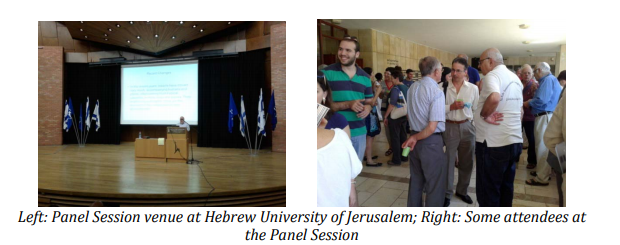
On the first day of the Congress, Zhibin Zhang, the leader of an IUBS/ISZSinternational scientific research program, Biological Consequences of Global Change(BCGC), delivered a research presentation on “Agricultural irrigation mediatesclimatic effects and density dependence in population dynamics of Chinese stripedhamster in North China Plain,” after Chunxu Han, assistant leader of the BCGCprogram, presented an introduction and progress on the program. Then, Xinhai Li,another assistant leader of the BCGC program, presented his research on “Climatechange and human impact caused retreat on large mammals in ancient China.”
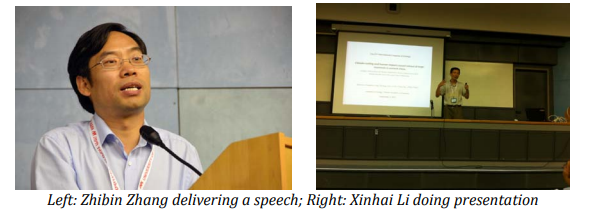
In the middle of the Congress (4 September), the ISZS Executive Committee had ameeting concerning Society’ business. Issues discussed included: changes to ISZSStatutes, the role of Emeritus EC Members, the next ISZS Congress, increasing thenumber of EC Members, financial report of ISZS and membership recruitment forISZS.
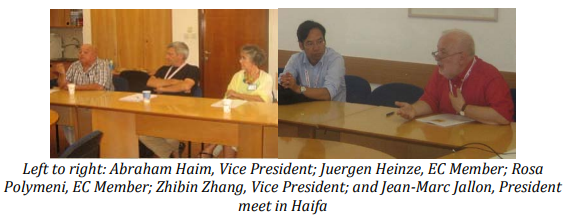
At the end of the Congress (6 Sptember), the ISZS had its General Assembly (GA).Chunxu Han, Treasurer of the Society, presented the Progress Report 2008-2012,including financial information and statements, on behalf of Yan Xie, the SecretaryGeneral of the Society.
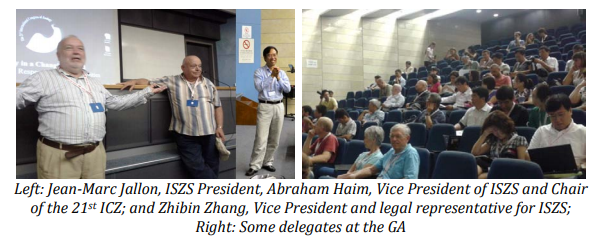
Yoshitaka Nagahama, President of the Zoological Society of Japan, presented that theZoological Society of Japan will host the 22nd ICZ in Okinawa in 2016. Sarita Maree,President of the Zoological Society of Southern Africa invited the 23rd ICZ to CapeTown, South Africa in 2020. The GA accepted both bids.
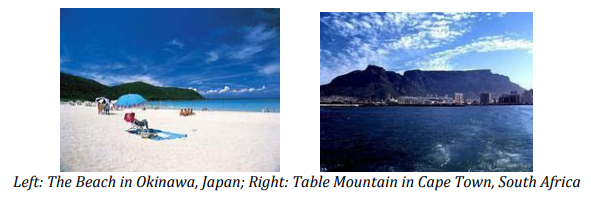
During the Congress, there was an excursion around the city of Haifa and to Mt.Carmel in the suburb of the city. Aby Nevo from the University of Haifa, Israeldelivered an explanatory lecture on the biological consequences of the“Mediterranean side and African Side” of a valley in Mt. Carmel.
After the Congress, a Post-Congress Excursion was organized by the local organizingcommittee to the Negev and Eilat. Abraham Haim from the University of Haifa, Israelaccompanied the excursion and gave lectures on the history, landscape, biologicalcoverage and conservation biology in Israel.
